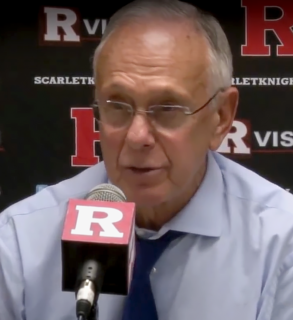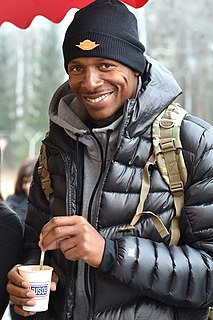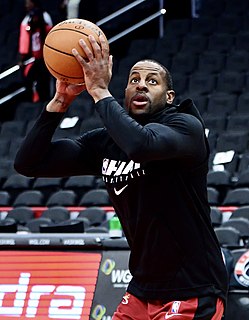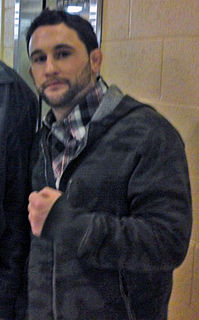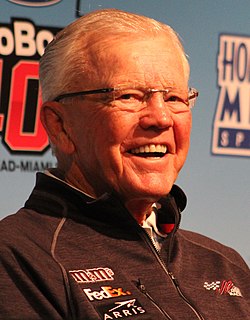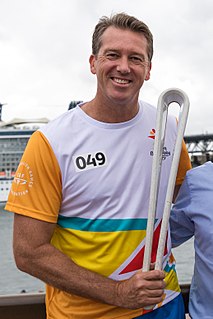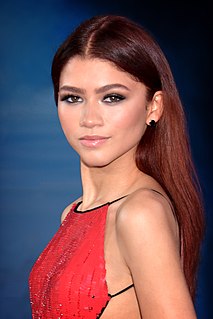A Quote by Michael J. Saylor
I don't need a coach to tell me what to say. I need a coach to figure out what kind of shirt to wear and how to look at the camera and how to avoid, you know, picking your nose on camera.
Related Quotes
Making photos is helpful of course to master the craft. To get comfortable with the camera. Learn what a camera can do and how to use the camera successfully. Doing exercises for example if you try to find out things that the camera can do that the eye cannot do. So that you have a tool that will do what you need to be done. But then once you have mastered the craft the most important thing is to determine why you want to shoot pictures and what you want to shoot pictures of. That's where the thematic issue comes to life.
After I discovered my degree in photojournalism would only get me a job in a camera store, I taught myself lighting. I read tons of magazines and books and studied the photos trying to figure out how they were done. I bought some flash equipment and played around until I figured out how to make a subject look as I envisioned it should look.

